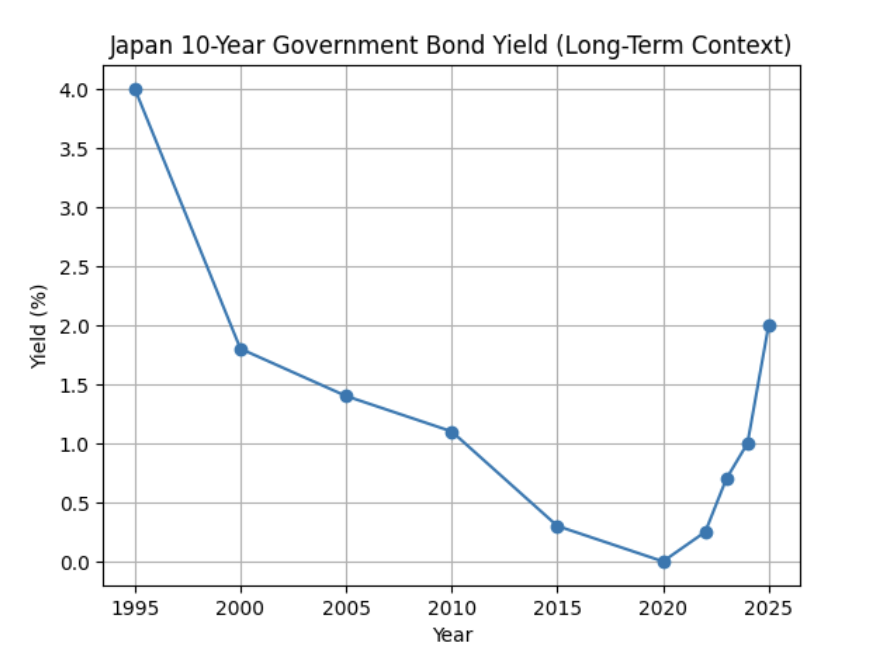I've learned a lot about Solana and meme coins over the last 24 hours.
Here's the download.
First of all, the Solana ecosystem is far slicker than I thought. Compared to eth, polygon, or anything else that uses Metamask there is no comparison. Phantom wallet feels like an Apple product, MetaMask feels like Windows 3.1. When you combine the speed of the dexes, I don't think any thing else can compete at the consumer level.
Second, since Saturday when Trump launched his meme coin, followed by Melania, followed by WLFI raising an additional 250 Million, followed by the possibility of the Bitcoin reserve actually containing XRP, followed by XRP and SOL ETF applications, we have to accept the reality that this new world will not be Bitcoin only.
Does this change that I still think Bitcoin is the best asset? no. But I think the pure maxi narrative is now out of sync with the current administration. You can't be anti XYZ meme coin and pro Trump coin. The rules apply to everybody.
So the game has changed. When the game changes, you need to change.
Here's the download.
First of all, the Solana ecosystem is far slicker than I thought. Compared to eth, polygon, or anything else that uses Metamask there is no comparison. Phantom wallet feels like an Apple product, MetaMask feels like Windows 3.1. When you combine the speed of the dexes, I don't think any thing else can compete at the consumer level.
Second, since Saturday when Trump launched his meme coin, followed by Melania, followed by WLFI raising an additional 250 Million, followed by the possibility of the Bitcoin reserve actually containing XRP, followed by XRP and SOL ETF applications, we have to accept the reality that this new world will not be Bitcoin only.
Does this change that I still think Bitcoin is the best asset? no. But I think the pure maxi narrative is now out of sync with the current administration. You can't be anti XYZ meme coin and pro Trump coin. The rules apply to everybody.
So the game has changed. When the game changes, you need to change.
• • •
Missing some Tweet in this thread? You can try to
force a refresh









